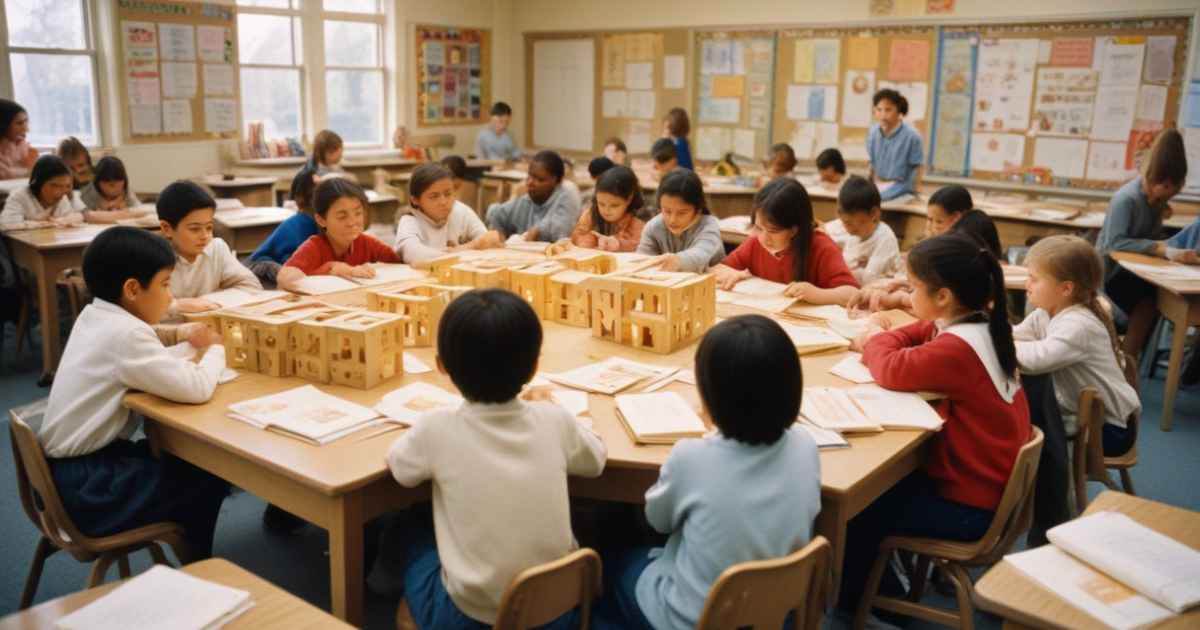Preschool years, spanning from ages 3 to 6, mark a critical phase in a child’s brain development. During this period, rapid growth and refinement occur in various brain areas, laying the foundation for cognitive, emotional, and social skills. Understanding the nuances of brain development in preschoolers is crucial for parents to support their children’s overall growth and well-being.
As a parent, you might wonder: What’s happening inside that busy mind? This article explores the fascinating world of preschool brain development and answers some of the most common questions parents have.
Rapid Fire Connections: Synaptogenesis and Myelination

The preschool years, ages 3 to 6, are magical for your child’s brain. Imagine it’s a brand-new playground full of potential! During this fantastic development stage, the brain is busy building new connections, like a complex network of roads. These connections, called synapses, allow information to travel faster and more efficiently, as smoother roads help cars get around quicker. The more connections your child builds, the better they’ll be at learning new things and mastering new skills.
Preschoolers’ developing brains are growing incredibly quickly at this time because two processes are going on simultaneously: “synaptogenesis” and “myelination.”
Two key processes drive this
Synaptogenesis – Picture new connections, or synapses, forming between brain cells at an incredible rate. These connections allow information to travel and create the foundation for learning and memory.
Myelination – Think of insulation wrapping around electrical wires. Myelination is the process by which a fatty substance coats nerve fibers, speeding up the transmission of signals. This action allows for faster thinking, improved coordination, and more efficient information processing.
From Building Blocks to Problem Solving
This rapid brain development is reflected in the remarkable progress preschoolers make.
Get ready for some exciting changes! Here are some critical areas your preschooler will be mastering during this crucial and essential period of brain development:
Language Skills – Vocabulary skyrockets as your child’s early childhood education learns new words daily. Sentences become more complex, and storytelling skills begin to emerge. Imagine your child as a little word collector, excitedly adding new words to their ever-growing vocabulary toolbox! Vocabulary explodes, sentences become more complex, and storytelling abilities emerge.
Cognitive Development – Preschoolers learn to categorize objects, understand basic concepts like time and size, and begin to solve simple problems.
Motor Skills – Balance, coordination, and agility improve dramatically. Preschoolers become more confident in running, jumping, and manipulating objects.
Social and Emotional Development – Play becomes more sophisticated, with preschoolers learning to cooperate, take turns, and express their emotions.
Nurturing the Growing Mind
As a parent, this conveys the importance of your role in shaping their life. brain development.
Here are some ways to support this fantastic process:
Playful Learning – Let your child explore through play. Blocks, dolls, puzzles, and open-ended toys encourage creativity, problem-solving, and social interaction.
Reading Together – Story time strengthens language skills, memory, and imagination. Choose interactive books and encourage your child to participate by asking questions and pointing at pictures.
Positive Interactions – Your warm and responsive interactions provide a safe and secure environment for your child to explore and learn.
Healthy Habits – Establish healthy routines for your child, including sufficient sleep, balanced meals, and regular physical activity.
These all contribute to optimal brain development.
Remember, every child develops at their own pace. Talk to your pediatrician if you have any concerns about your child’s development.
The preschool years are a precious time of incredible growth. By understanding your child’s brain development and providing enriching experiences, you can help them build a strong foundation for a lifetime of learning and success.
Conclusion
The preschool years are a remarkable time for brain development. Providing a nurturing and stimulating environment empowers your child to learn, grow, and build a strong foundation for lifelong success.
Remember, every child develops at their own pace. Celebrate the unique journey of your little learner! Understanding Brain development in preschoolers allows you to create the perfect environment to nurture their growing minds and set them up for a bright future